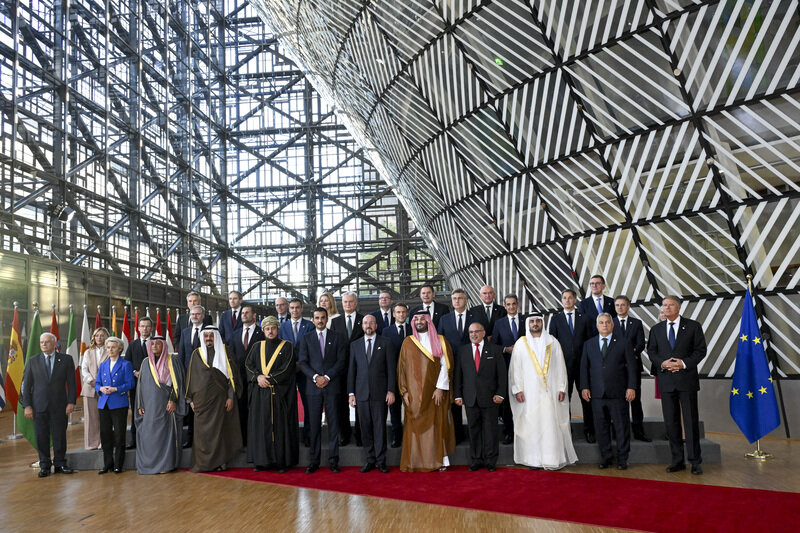Qalibaf upbraids Persian Gulf states for picking quarrels with Iran instead of focusing on Israel

TEHRAN – Iranian Parliament Speaker Mohammad Baqer Qalibaf strongly condemned the Persian Gulf Cooperation Council (GCC) for its recent accusations against Iran, urging the regional body to redirect its efforts toward halting Israeli aggression rather than making baseless claims.
Speaking at an open parliamentary session on Sunday, Qalibaf criticized the GCC for its stance on Iran’s sovereignty and territorial integrity, particularly regarding the disputed islands in the Persian Gulf.
The remarks came in response to allegations raised during a joint meeting between the European Union (EU) and the GCC in Brussels, where both parties questioned Iran’s claims to the three Persian Gulf islands: Abu Musa, Greater Tunb, and Lesser Tunb.
Qalibaf dismissed these claims as unfounded, stating that the GCC should be focusing its energy on more pressing issues, such as Israel’s ongoing military campaigns in Gaza and Lebanon.
“The GCC should have directed its capacities toward stopping the Israeli regime’s war machine rather than making baseless allegations against the Islamic Republic,” Qalibaf told lawmakers. He emphasized that Iran’s sovereignty over the islands is non-negotiable and that any challenge to this principle would be met with a firm response. "The islands of Abu Musa, Greater Tunb, and Lesser Tunb are inseparable parts of Iran, and no one will dare to take action against this inalienable right," he said.
Qalibaf also warned the EU against what he called "testing Iran’s resolve" on matters of territorial integrity, accusing European nations of aligning themselves with Israeli interests. He claimed that the EU, once known for its independence, has now become an instrument for justifying Israeli war crimes in Gaza and Lebanon.
He further criticized the international community for its failure to address Israel’s military aggression in the region, highlighting the devastating impact of Israeli operations on civilian populations. “Instead of standing against Israel’s crimes, some countries are attempting to divert attention by making unsubstantiated claims about Iran,” he said.
The speaker’s comments echoed a statement issued on Thursday by Iran’s permanent mission to the United Nations, which rejected the allegations made by the EU and GCC. The statement emphasized that Iran’s historical claim to the islands is backed by extensive legal and geographical evidence, dating back centuries.
The dispute over the islands has been a longstanding issue, with the United Arab Emirates (UAE) repeatedly contesting Iran’s sovereignty. The islands fell under British control in 1921 but were returned to Iran on November 30, 1971, just before the formation of the UAE. Despite this, the UAE has continued to assert its false claims, leading to ongoing tensions in the region.
Qalibaf concluded by reaffirming Iran’s commitment to defending its territorial integrity, warning that any attempts to undermine Iranian sovereignty would be met with a decisive response. “Those who question our sovereignty over the islands would be wise not to test the will of the Iranian people,” he said.
